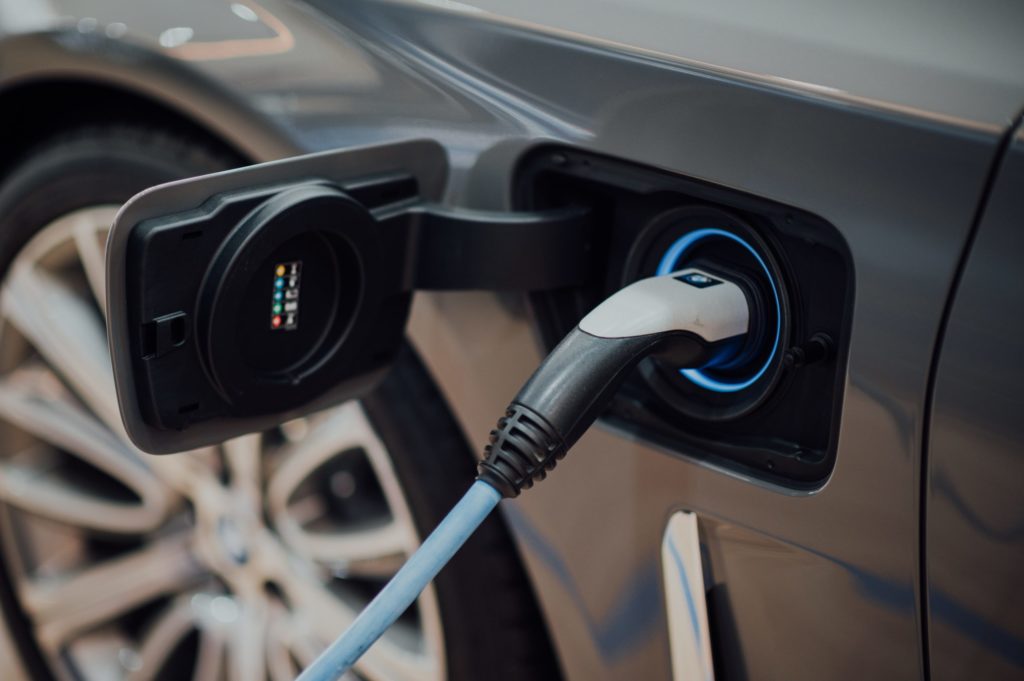Electricity companies rather than developers should pay for sub-stations to provide enough load for electric vehicle chargers in new homes, argues the National Federation of Builders, NFB.
The trade body was reacting to prime minister Boris Johnson’s announcement that all new homes and buildings will be required by law to have electric vehicle charging points from next year.
NFB chief executive Richard Beresford said members supported the green industry and the transition to electric vehicles but were critical about the method.
“Due to how infrastructure investment works in practice, once again, the government is seeking to grow its political capital and advance big business, at the expense of the construction industry and taxpayer.”
The trade body described Mr Johnson’s announcement on Monday at the Confederation of Business and Industry conference as a ‘stealth tax’ on construction.
They claim that to gain planning permission they will be required to fund substations to supply electricity to developments. A substation can cost upwards of £50,000 which the NFB maintains is unfair as it’s the energy companies that will benefit in the long term.
National strategy on EV infrastructure needed
The NFB is calling for the government to standardize EV charging infrastructure and grid strategy as it’s worried the type of charger installed might not meet future needs.
NFB head of housing and planning policy Rico Wojtulewicz said: “The government needs to think very carefully about how it achieves a green revolution.
“Perhaps it is time to bring services into public ownership because the government is not proving able to regulate the sector in a way that doesn’t cost the taxpayer.”
The new regulations require new build and change of use developments with ten homes or more and ten car parking spaces to have an electric vehicle charger in each unit.
New commercial buildings with at least ten car parking spaces must have a charger for one in five of the spaces. Commercial buildings undergoing a major renovation with at least ten parking spaces must have at least one charge point and cable routes for one in five of the spaces.
Brokers Hank Zarihs Associates said it was a significant extra expense for SME housebuilders to factor in when applying for construction loans and would elevate final house sale prices.
The government expects 145,000 new charge points to be installed a year due to the new legislation adding to the 250,000 chargers which already exist in homes and the workplace.

